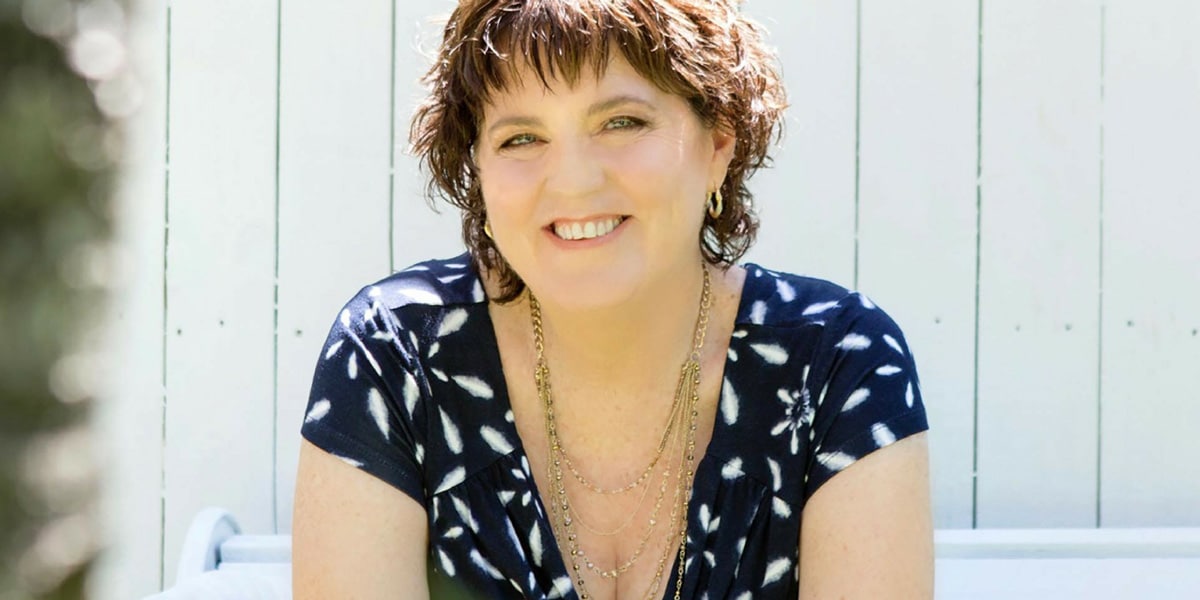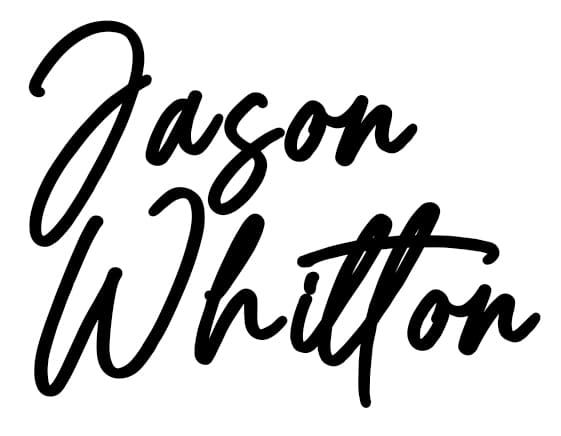
Bronnie Ware: The Top 5 Regrets of the Dying
Bronnie Ware is best known for her international top selling book – The Top 5 Regrets of the Dying. After spending years as a carer for people at the end of their lives, the author noticed a theme of regrets that sadly, many of her patients were unable to cleanse.
However, through her experiences Bronnie has collated these raw and vulnerable encounters into transformative teachings that we can all learn from. In a heart-felt discussion on The Wealth Faculty Podcast, Bronnie shares some of her powerful insights.
You can listen to the full chat here.
If anyone knows death, it’s Bronnie Ware.
The former palliative care worker has spent much of her life dedicated to looking after those in their final stages of life.
However, it was those tender and agonising moments that has led the 53-year-old to focus on area that many of us simply don’t want to talk about…dying.
“As a culture, we’re just sweeping death, putting it behind curtains and sweeping it under the carpet. Well, we’re all going to die…it’s about time we started talking about this,” Bronnie says.
More so, according to Bronnie, we should be talking about it before it’s too late.
“The clock is ticking. But rather than see that as shocking or crippling, see it as empowering…my time is valuable. I’m going to stop all this nonsense and stop living for other people,” she says
This is what fuelled Bronnie to write her book – The Top 5 Regrets of the Dying.
In it, she asks the raw question – ‘When you face the fact that your time is limited, are you happy with the life you have lived?
Perhaps the most important prompt in her book is to assess if we’re living a life free of regret – and if we aren’t, then the writer suggests we need to address those sorrows before it’s too late.
Here are the top five regrets of the dying.
REGRET 1:
I wish I’d had the courage to live a life true to myself and not a life that others expected of me.
This regret is all encompassing. While it can mean many things, it trickled down to the realisation many had let society, family, friends and cultural norms dictate the way they lived their life, instead of living based on how they wanted to live.
“It was heart-wrenching to see the pain and the anguish that people went through when they realised, hang on, I’ve lived my life according to other people, not according to what I wanted to do,” Bronnie says.
“And now my life’s over…and I can’t make any of those changes.”
Waiting until the end when it’s too late to rewrite history is a powerless place to be. While it may feel tough to go against the grain now, existing on your own terms will always lead to a life of self-fulfilment and contentment.
REGRET 2:
I wish I hadn’t worked so hard
Our sense of self can be very easily tied up in work. This regret speaks on the lack of satisfaction people found after they no longer had work to rely on.
“People realised that they had allowed their identity around their work to become everything. And so, when their work was taken away from them…who are they?” Bronnie explains.
It’s not to say that loving your work is bad or that you should feel guilty about the time you spend doing it, but it’s equally important to ask, when you step back from your job or business, what else do you have? Do you have healthy communication channels with your family? Do you give yourself permission to actually go out and have a good time? Are there other things that fill you up?
Through COVID-19, there were many who lost their jobs and subsequently their identities. If you lost your work, would you also lose yourself?
“It’s about leaving some space for other areas,” Bronnie says.
“So, if your work is taken away from you, you’ll still actually have a fulfilling life without it.”
REGRET 3:
I wish I had the courage to express my feelings
There were two angles to this regret.
The first came from those who wished that they’d had better open communication with their family and loved ones. Wanting to be able to tell others they loved them – or share feelings of pride or endearment was an area that many had struggled with.
“There was one elderly man I looked after, he was in his ’90s, and he couldn’t even tell his family he was proud of them, or his kids he was proud of them… It just felt like too much effort for him to find a way to open the conversation,” Bronnie reflects.
On the other side of the coin, there were the people who wished they had expressed their feelings and stood up for themselves more. Being able to say, ‘No’, I won’t put up with this’ or ‘I don’t like the way you treated me,’ comes from a truly empowering place.
Both sides of this regret are equally painful but comes down to having confidence to say what you feel.
REGRET 4:
I wish I’d stayed in touch with my friends
Bronnie’s observations came well before the uptake of social media which has helped to maintain relationships for so many, but the message of this regret remains the same.
“A lot of them really wanted to reminisce about the good old days and have reflections, giggles and laughter,” Bronnie says.
“Friends bring so much joy to dying people.”
Reminiscing on funny stories or fond memories isn’t just beneficial for the dying, but for the living too. Even more rewarding is to sub-out the generic likes and comments on Facebook or Instagram and replace them by picking up the phone and calling a friend.
Half an hour later, you’ve hung up both feeling full and happy.
REGRET 5:
I wish I’d let myself be happier
This is ultimately the realisation that happiness is a choice, even when life is hard.
Again, this regret was founded through a few different angles. Sometimes it was tied to the fact they had let their self-worth be shaped by the opinions of others.
“They didn’t believe they deserved a happy life or a good life or to be happy. So, they let the power and the opinions of other people shape their sense of self.”
Another was choosing to focus on mistakes, challenges or shortcomings.
“As humans that’s how we learn – we make mistakes,” Bronnie says.
“But even in between all the hard stuff, you can still choose to focus on something else for a moment or for a day.”
The act of choice, is extremely undervalued in our society. It’s become so easy to get bogged down in the hard stuff – and it’s not to say you should always be happy – but having the consciousness to take a step back and smell the roses can make all the difference.
It’s the small things, like enjoying a sunset or the sound of laughter, that often are the most powerful. In each moment, think how you can choose happiness – even just for a fraction of time.
LIVING A LIFE WITHOUT REGRETS
Moving through your life with no regrets will make the most significant difference in your time here on this planet.
This means living life on your terms and focusing on the things that really matter to you.
It means not being a hostage to the opinions of others and having the courage to back yourself and express all parts of who you are.
It means looking after your relationships and above all else, choosing happiness.
As The Wealth Faculty explores a deeper and more meaningful definition to wealth, the pointers above could quite easily sum it up.
For Bronnie, wealth means living a life that is true to your own heart and doing it in a loving way for the world.
While the end is inevitable, the journey is of course what we make of it – and the power in that knowledge is invaluable when it comes to living a life of no regrets.
By Jason Whitton
Group CEO Positive Real Estate





